

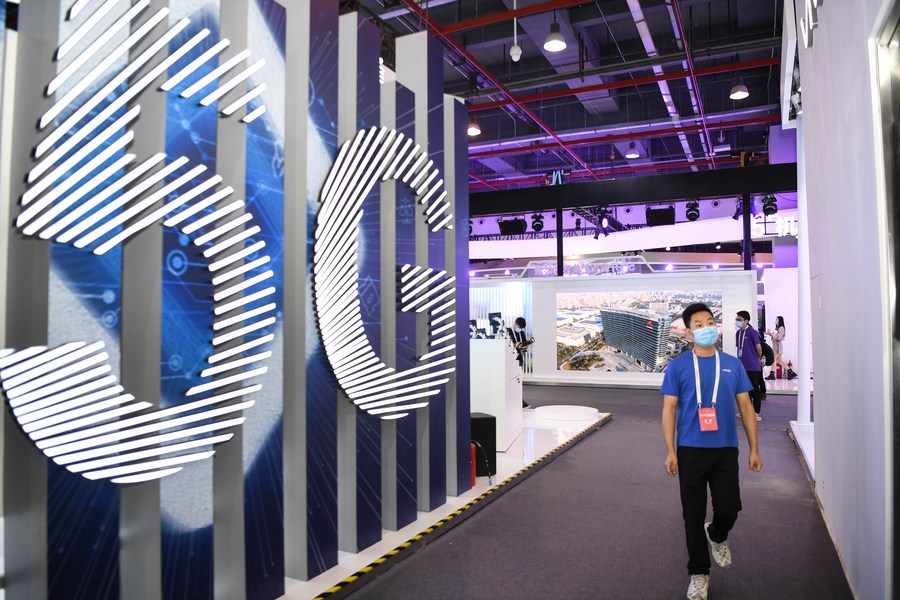
BOAO, Hainan -- The 5G industry created massive direct economic output in 2020, according to a new white paper.
Last year, 5G directly led to 810.9 billion yuan ($125 billion) in gross economic output, according to a white paper on 5G development and its economic and social impact. The China Academy of Information and Communication Technology released the white paper.

Premier Li Keqiang has highlighted the need to balance the growth of the economy, residential income and the job market, saying China will not pursue the growth of its GDP at the cost of high energy consumption and high pollution.

Ensuring the continuing security of China's energy needs remains Saudi Aramco's highest priority, not just for the next five years but the next 50 and beyond, said Aramco CEO Amin Nasser during the China Development Forum held in Beijing on Sunday.
"We see opportunities for further investments in integrated downstream projects to help meet China's needs for heavy transport and chemicals, as well as lubricants and non-metallic materials," Nasser said.
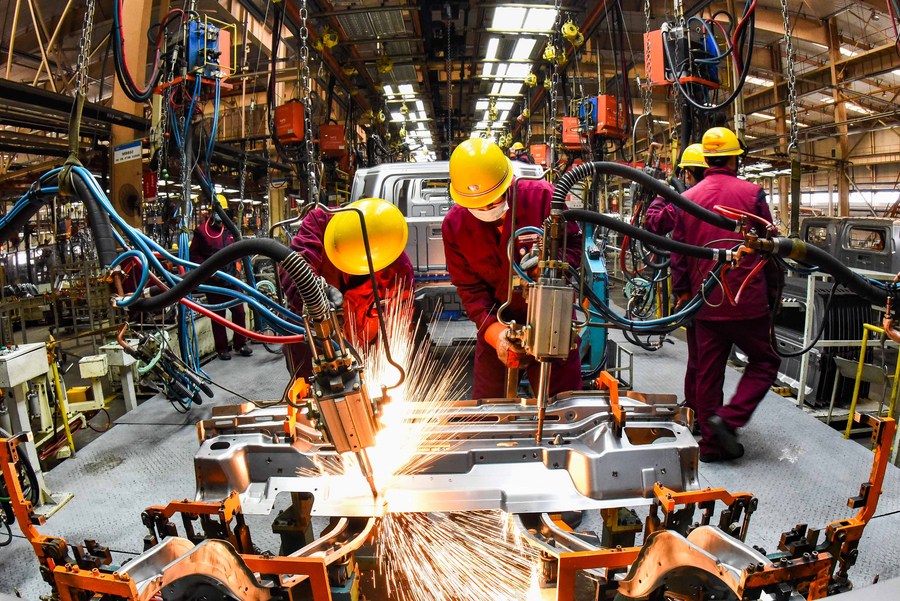
China's continued opening-up measures will accelerate high-quality development during the next five years and create several development opportunities for global investors, officials and experts said.
He Lifeng, head of the National Development and Reform Commission, said China will continue to pursue high-standard opening-up at various levels during the 14th Five-Year Plan period (2021-25), with a key focus on opening up more sectors in a more thorough fashion and boosting international economic cooperation.
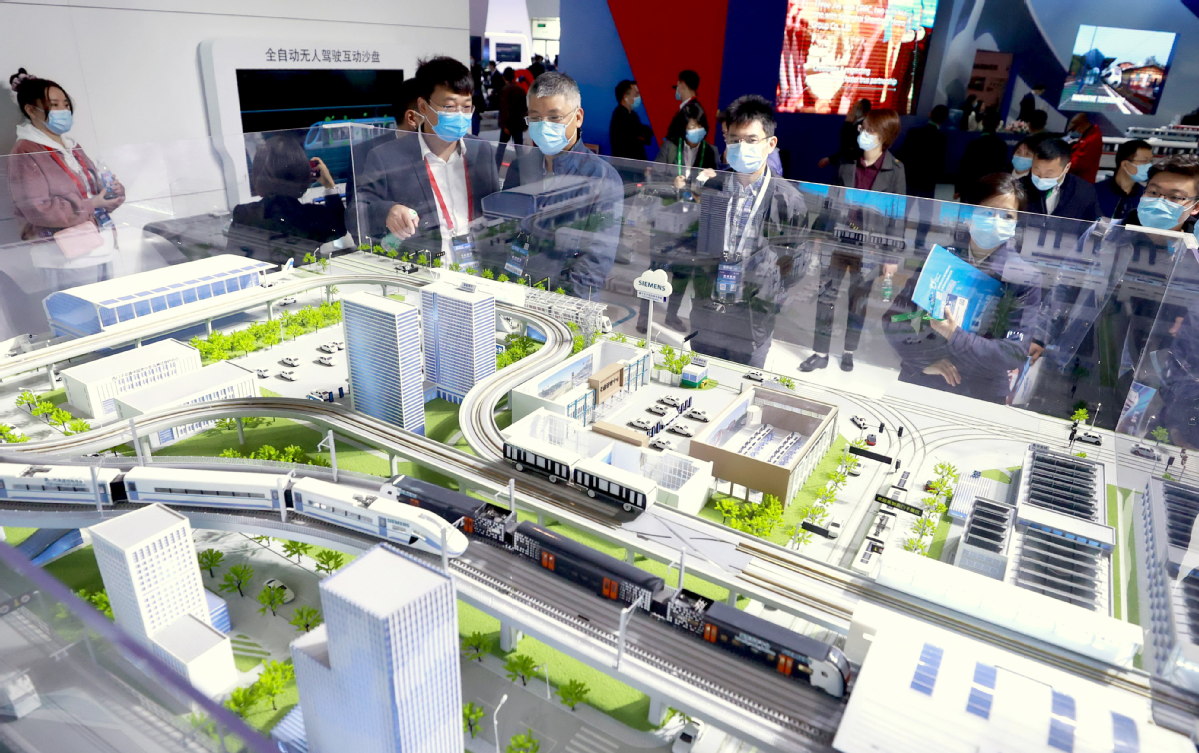
The nation's accelerating opening-up with institutional guarantees, including rules and norms will enable more global companies to expand their presence in areas like high-tech manufacturing, new energy and retail in the coming years, said foreign business leaders at the 2021 China Development Forum over the weekend.
With more industries and areas being opened to foreign investment, Mark Schneider, CEO of Nestle, the Swiss food and beverage giant, said overseas companies investing in China now have more opportunities than ever in terms of preferential policies, such as exemption from or reduction of tariffs and taxes.
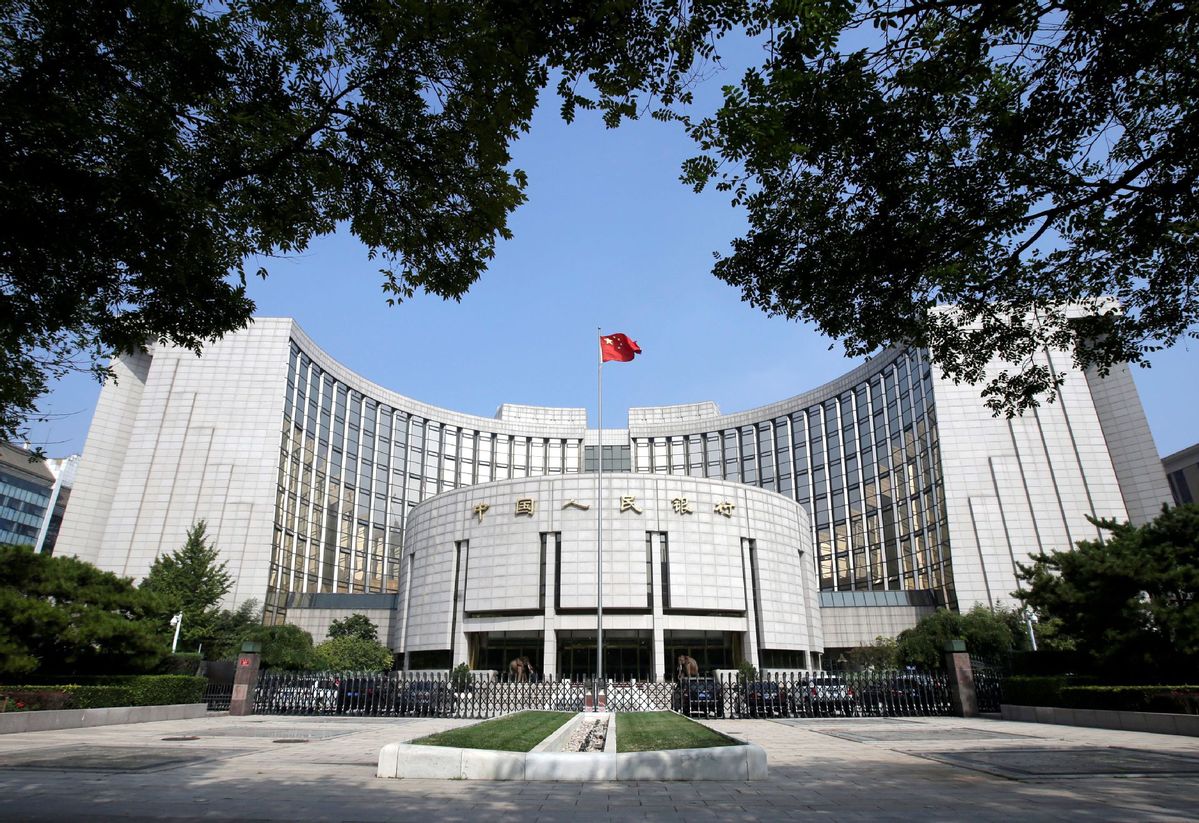
PBOC to add climate change factors as part of monetary policy framework
The People's Bank of China, the central bank, has decided to adjust its monetary policy framework by including climate change-related factors, an indication that policymakers are focusing more on sustainability and financial stability as the economy continues to recover from COVID-19 shocks, experts said on Monday.
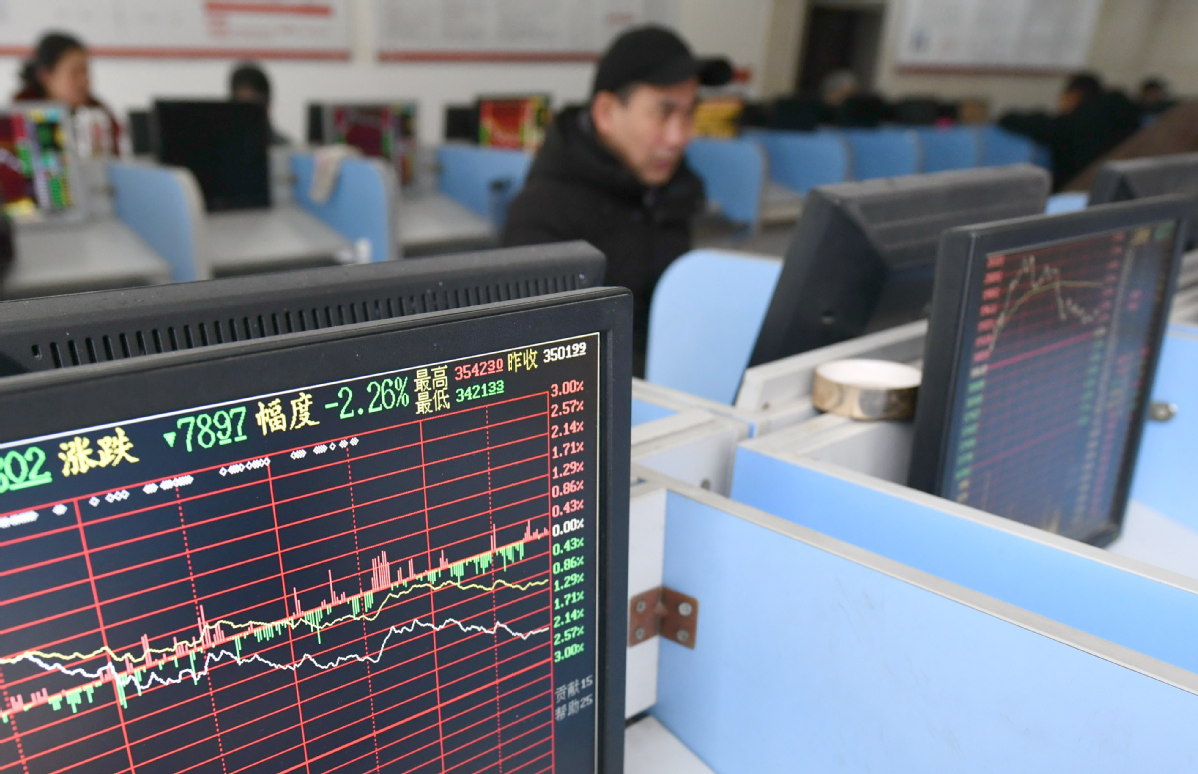
The country's long-term goal to achieve carbon neutrality has been mirrored in the A-share market performance, with stock prices of carbon neutrality-related companies rising by an average 4.07 percent on Monday, while the benchmark Shanghai Composite Index gained 1.14 percent to close at 3443.44 points.
Prices of carbon neutrality-related Shenzhen Energy Corp, Jilin Electric Power Co Ltd and Beijing Jingyuntong Technology Co Ltd increased by the daily limit of 10 percent. Steelmaker Beijing Shougang Co Ltd, which was recently surveyed by the country's social security fund, a long-term value investor, also saw its price hit the daily ceiling of 10 percent.
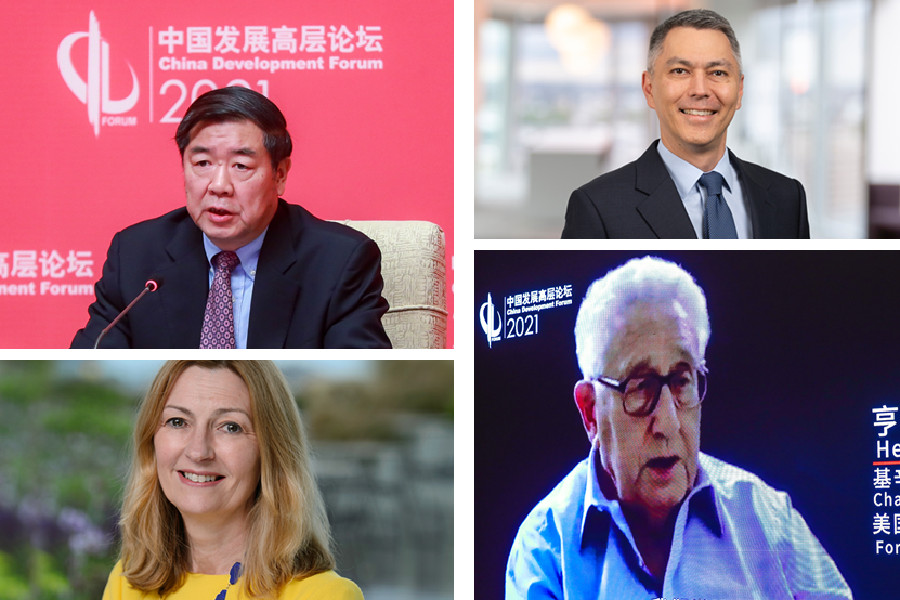
The 2021 China Development Forum kicked off on Saturday online and on-site in Beijing, gathering officials, executives and scholars in business, science and other circles to discuss topics around the 14th Five-Year Plan, China-US relations, global public health, technological innovation, green transformation and more.
The three-day event with the theme of "China on a New Journey of Modernization" has attracted more than 130 overseas delegates from high-ranking officials to top executives of international corporations.
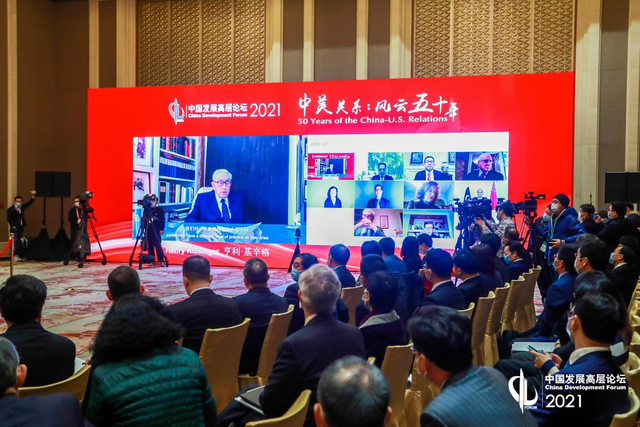
Former Chinese and United States diplomats have called on Beijing and Washington to build a cooperative, positive relationship and to solve their differences in a calm and objective manner for the benefit of both countries and the world.
Speaking in a video speech delivered to the China Development Forum on Saturday, former US secretary of state Henry Kissinger said the peace and prosperity of the world depend on an understanding between China and the United States.
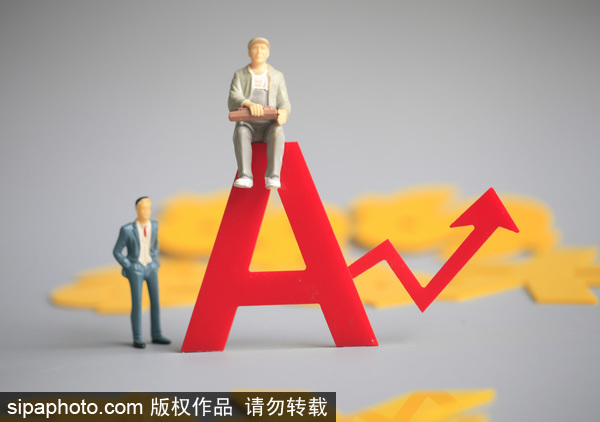
Preventing risks, harmonizing practices with global standards are key goals
China's top financial regulators have reiterated over the weekend the country's commitment to advance financial opening-up while strengthening risk prevention, including in regard to the China-US dispute about listed companies' compliance with US auditing rules.
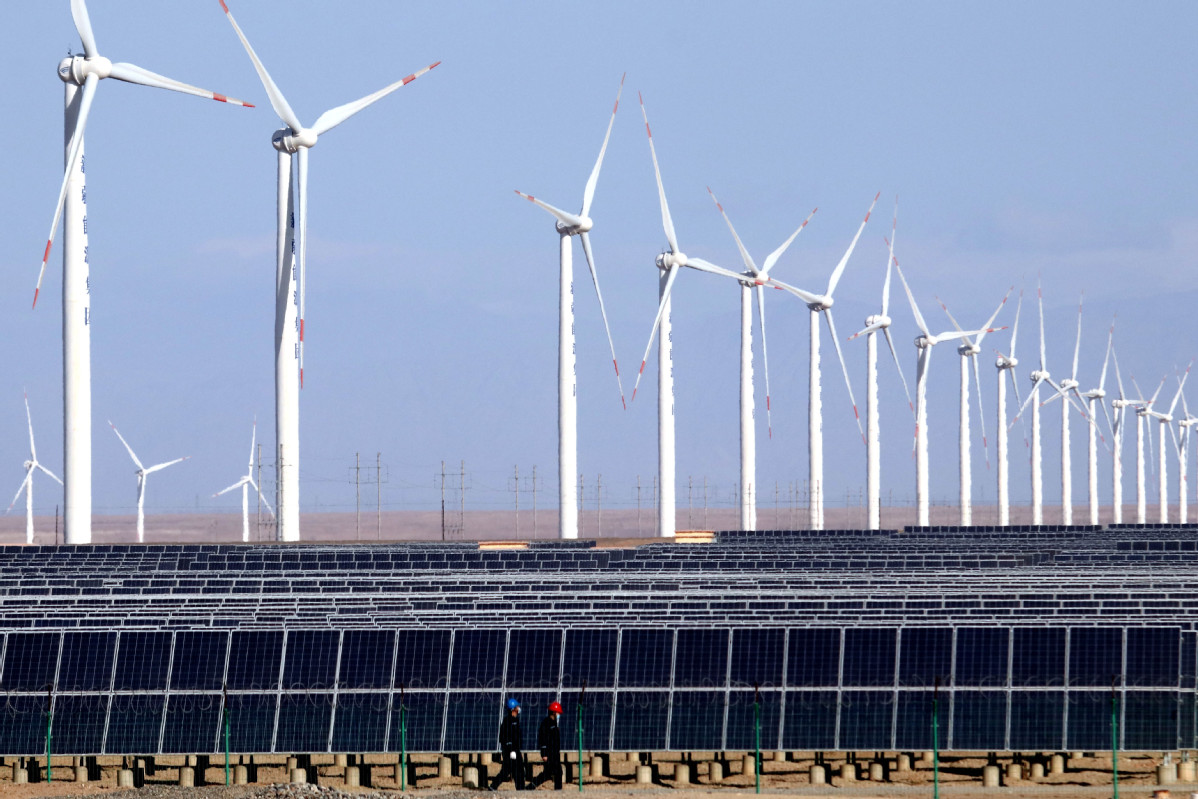
China will take forceful and concrete measures to achieve the goal of peaking its carbon emissions by 2030 and reaching carbon neutrality by 2060 as part of the country's efforts in pursuing high-quality growth, Vice-Premier Han Zheng said on Sunday.
Han made the remark when addressing the opening ceremony of China Development Forum 2021 in Beijing.

HONG KONG - Carrie Lam, the chief executive of the Hong Kong Special Administrative Region (HKSAR), said on Saturday that she was confident that Hong Kong will thrive and soar higher with the full support of the central authorities.
Lam made this remark at the Hong Kong Session of China Development Forum 2021, themed "The Development of Hong Kong in the Next Five Years", held online on Saturday evening.
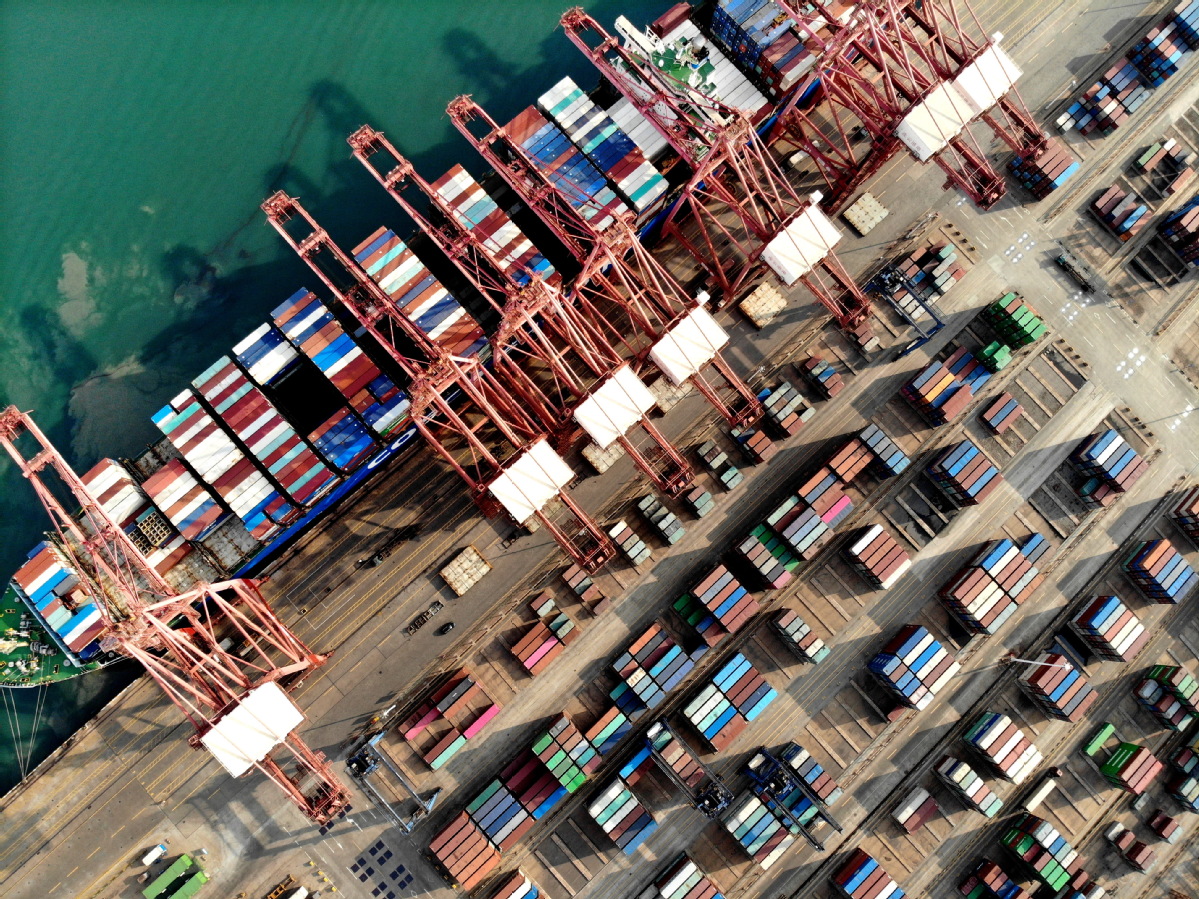
China's economic policies are expected to support the rebalance of its growth model towards greener and more consumption-oriented growth, a senior official at the International Monetary Fund said.
The policies announced during the two sessions aim to strengthen high-quality growth, rein in carbon emissions and improve energy efficiency, said IMF First Deputy Managing Director Geoffrey Okamoto. Achieving faster and higher-quality growth requires mutually enhancing reforms, he added.
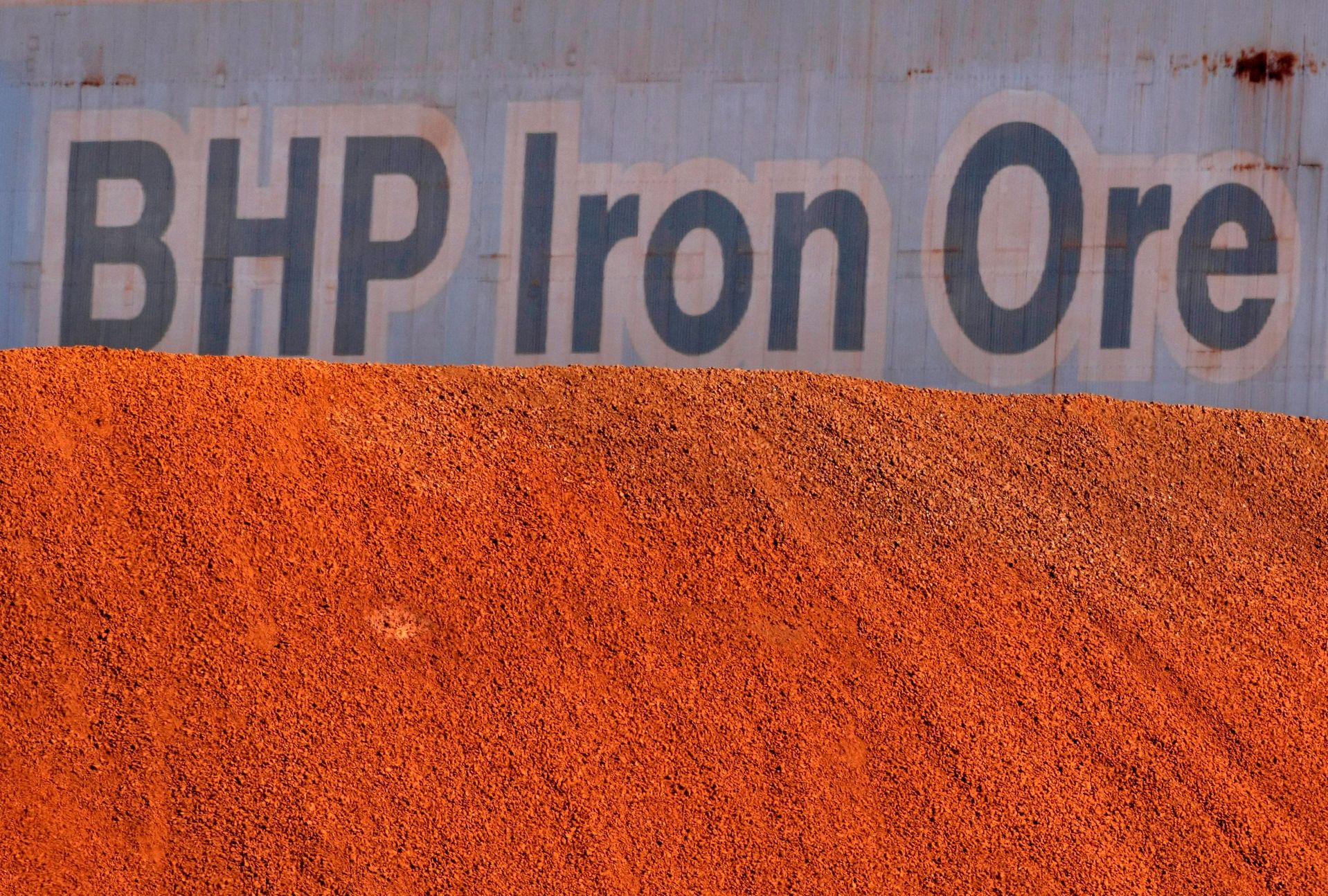
As Chinese cities transition to high-quality urbanization, they will require more future-facing resources, including copper and nickel, for electrification and energy storage, which are central to BHP's strategy and future portfolio, said Mike Henry, BHP CEO during the China Development Forum 2021 on Saturday.
Commodities, including iron ore and metallurgical coal, will also fuel the steel production needed to build new urban infrastructure, renewable energy systems and used in advanced manufacturing, he said.
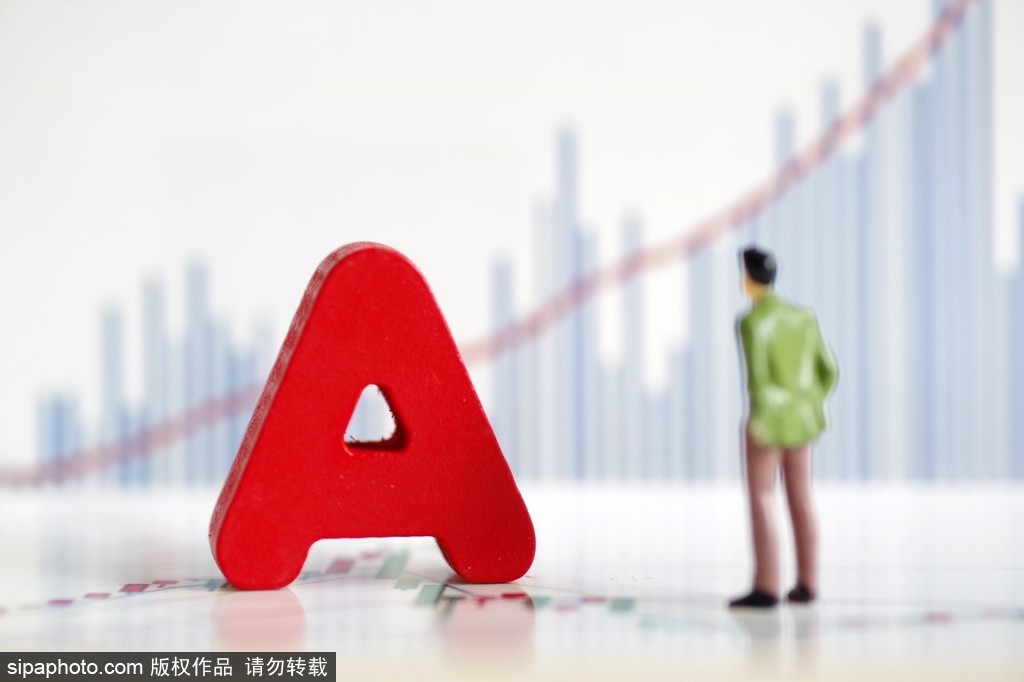
China will stay true to the commitment of expanding capital market opening-up while strengthening efforts to prevent related risks, including the China-US audit dispute, said head of the country's top securities regulator.
"We will firmly open up the capital market and hold an open, supportive attitude toward foreign companies setting up institutions and rolling out services and products," said Yi Huiman, chairman of the China Securities Regulatory Commission.
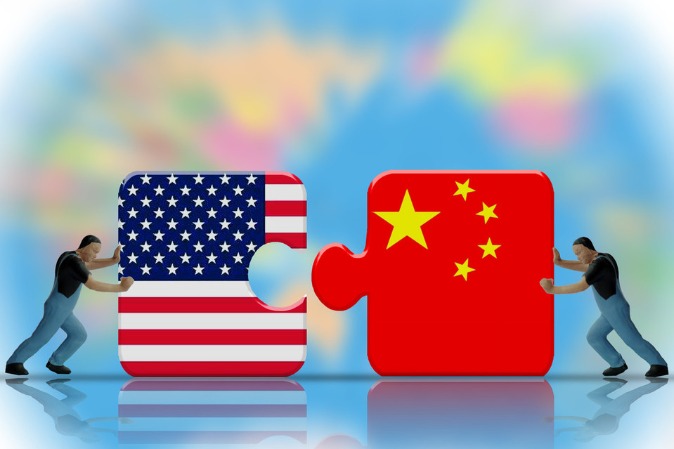
Peace and prosperity of the world depend on an understanding between China and the United States, said Henry Kissinger, former US secretary of state, in a video speech delivered to the China Development Forum on Saturday.
Kissinger recalled his first visit to the country 50 years ago, saying China that existed then is hard to compare with a China that exists today. "If anyone then had drawn me a picture of current Beijing, and if I compare it with what existed at that time, I would not have believed it possible that so much progress could be made," he added.

The global rating firm Fitch Ratings revised up the projection of China's GDP growth rate to 8.4 percent from 8 percent on Thursday, because of the strong export recovery and global demand, it said.
China's economic rebound to 6.5 percent in the fourth quarter of 2020 was described as "a remarkable achievement in the context of the pandemic" by Fitch, adding that it reflected the nation's success in containing the virus, strong investment growth and a boost to net trade as exports rebounded very rapidly from mid-year and services imports collapsed.
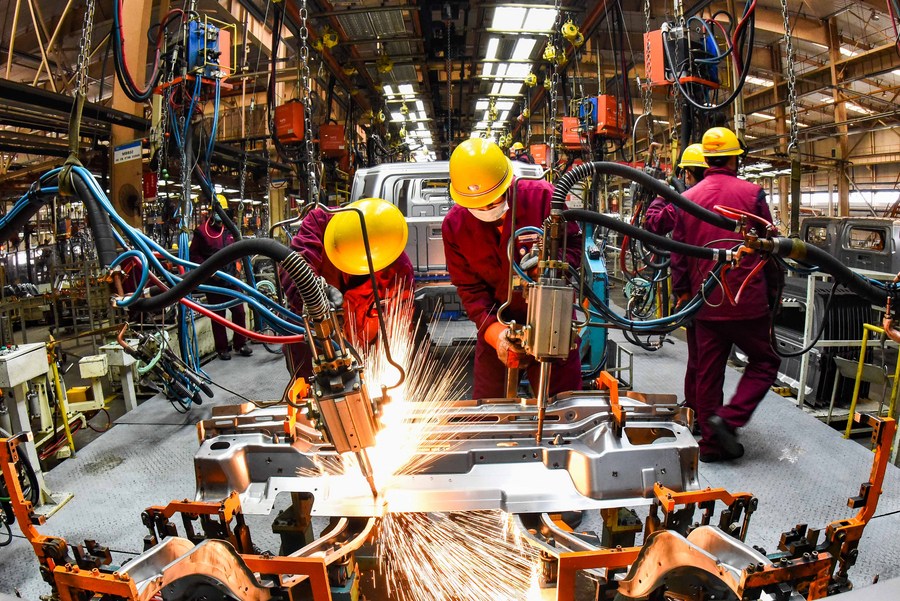
Focus on high quality to sustain global recovery, growth, say experts
China is set to enter a new stage of innovation-driven and high-quality development over the next five years, providing new impetus to global recovery and growth, experts said on Wednesday.

China's economic recovery remained well on track in the first two months of the year, with surging industrial production and consumption, boding well for the world's second-largest economy's first-quarter growth results, officials and experts said on Monday.
But the jump in economic indicators, largely due to a low comparison base, cannot hide the lingering difficulties faced by small businesses and hard-hit sectors, making continuous policy support imperative, they said.
